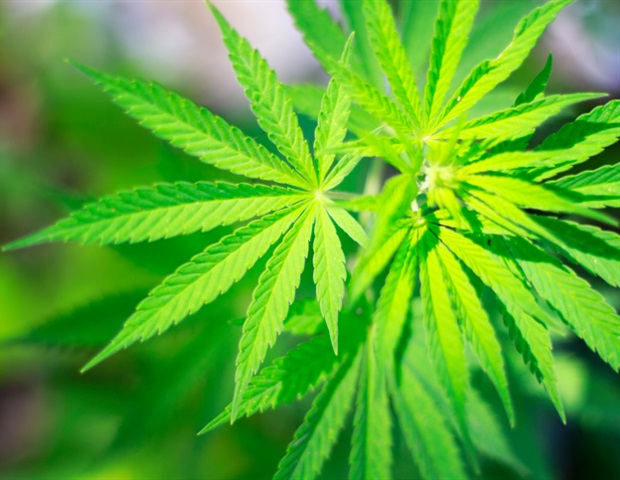At least so far, the currently limited research base does not establish that cannabis has additional adverse effects on brain development or functioning in adolescents or young adults with attention-deficit/hyperactivity disorder , concludes a review in the July/August issue of Harvard Review of Psychiatry.
While ADHD is clinically defined to have impairments in cognitive functioning, cannabis use by itself is also associated with cognitive impairments: “he evidence to date does not clearly support either an addictive effect or an interaction – whether protective or harmful – with cannabis use,” according to the study by Philip B.
The trends toward legalization and increased accessibility and potency of cannabis pose special concerns in young people living with ADHD.
Some people with ADHD may even feel that cannabis improves their symptoms, studies suggest.
Out of hundreds of initial “hits,” the search identified just 11 studies assessing any type of neurodevelopmental outcome in adolescents or young adults with ADHD who did use cannabis compared with those who did not use cannabis.
Functional imaging studies also reported differences in cannabis users with ADHD.
Four studies looked at the results of neuropsychological tests or questionnaires in young people with ADHD who did and did not use cannabis.
“Surprisingly, as cannabis use demonstrates clear and consistent adverse effects on cognition as measured by neuropsychological task performance, no study identified a significant differential impact of cannabis use on these measures for individuals with ADHD compared to non-users,” Dr.
Future studies may provide more definitive answers – particularly the ongoing “ABCD” study, which will provide long-term data on more than 10,000 participants followed up from age 10 to 20.
